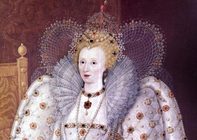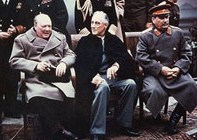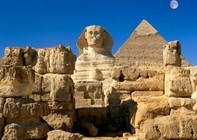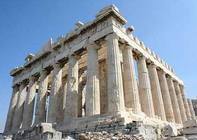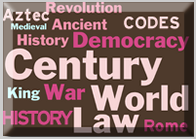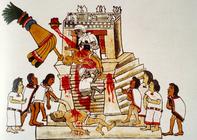|

Tolerance: Voltaire and the Spirit of the Enlightenment
One of the leaders of the French Enlightenment, Voltaire advocated for greater freedom of speech and the press and railed against superstition, fanaticism, and religious intolerance.
Hobbes, Locke, Montesquieu, and Rousseau on Government
This study of Enlightenment philosophers Hobbes, Locke, Montesquieu, and Rousseau is designed to give students an understanding of the ideas of these philosophers and is also an opportunity for them to reflect on humanity’s need for order and efforts to create stability within the social community.
The Great Qing Code: Law and Order During China's Last Dynasty
The Great Qing Code contained the collection of laws written over a period of more than 2,000 years by China's ruling dynasties. The Qing, China's last dynasty, brought the Code to its ultimate form.
'Go Boldly!’: Joan of Arc and the Hundred Years War
Joan of Arc heard voices she believed originated from God, commanding her to lead the French army to victory over the English. She did just that, inspiring her soldiers to 'Go boldly!’ In the end, she faced trial for her actions.
The Chinese Civil War: Why Did the Communists Win?
From 1911 to 1949, China experienced a revolution, a struggle against warlords, a foreign invasion, and finally a civil war between Nationalists and Communists. The Communists won the civil war and radically changed China.
. .
|
|
Queen Elizabeth I: Religion and the State
Queen Elizabeth I, tried to establish her vision of an official English Protestant church. She faced many obstacles: Catholic plots, Protestant Puritans, a rival Catholic queen, and even the question of who would succeed her on the throne.
Who Was the Real Cleopatra?
Cleopatra was, for a time, the most powerful woman in the Roman world. However, her reputation was controversial then and is still debated today.
|

